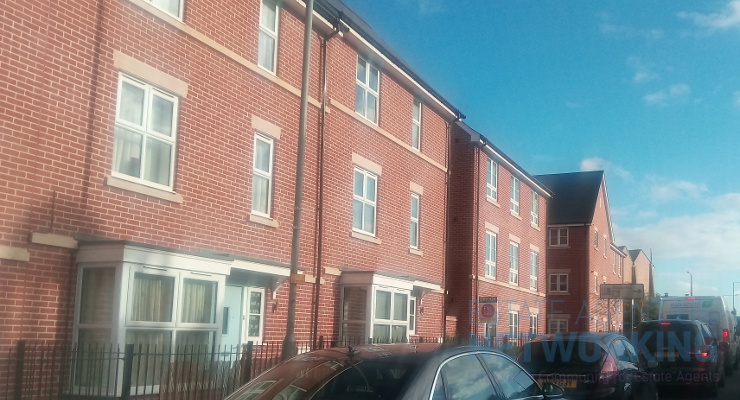Leasehold Reform: ALEP’s Predictions for 2025
Mark Chick, director of ALEP (Association of Leasehold Enfranchisement Practitioners) and a Partner at Bishop & Sewell LLP comments:
2024 has come to a close with some very welcome clarity from the government on leasehold reform.
An end to uncertainty?
At ALEP’s annual conference in October, the overwhelming sentiment was one of uncertainty – uncertainty which extended across professions but also to the five million plus leasehold flat owners in England. With the Leasehold and Freehold Reform Act 2024 only partially commenced and a further Draft Leasehold and Commonhold Reform Bill on the horizon, there was considerable concern about how the law surrounding leasehold will change and when. The level of uncertainty was clear in a live poll at the ALEP conference, in which participants were asked, “If you were advising the participants as at today, would you advise them to serve notice now or until the relevant part of the LFRA 2024 are in force?” 36.73% said that they would serve notice now, while a considerable majority (63.27%) would wait until the relevant secondary legislation was brought in.
Continued uncertainty ultimately results in stagnation and lack of deal flow, which slow the housing market. In addition, if the implementation of the changes in the management sector that from part of the Act are too difficult to comply with and make property management unattractive this will ultimately lead to a lack of consumer choice.
The Ministerial Statement published on 21 November went some way to reducing uncertainty – but many questions still remain.
The implementation of the Leasehold and Freehold Reform Act
A year ago, the Leasehold and Freehold Reform Act was yet to have its First Reading in the House of Commons. By May 2024 it had been rushed onto the Statute Book, but with much detail still to be determined through secondary legislation.
On 21 November we welcomed clarification, both of the implementation of some aspects of the legislation but also the acknowledgement by the government that there are specific and serious flaws within the legislation which must be resolved, such as amendments to the valuation mechanism, to the threshold for the Right to Manage (RTM) and to the 990-year lease extension in relation to shared ownership.
Future reform
November’s Statement is a recognition by Government that reform is complex and will require more thought. The Statement does not specifically recognise the seven Human Rights challenges currently before the courts. However, it would seem that the prospect of these challenges are forefront in the minds of ministers, specifically in relation to the proposed valuation regime.
It is encouraging that the Secretary of State seeks to follow through on the manifesto pledge to bring forward a draft Leasehold & Commonhold Reform Bill within this parliamentary session. ALEP welcomes this news, along with the promise of a White Paper on reforms to commonhold in the early part of next year. The widespread introduction of commonhold will be complex, with a wide-ranging and extensive impact across the property market. As such, it is correct that the Government has not rushed into introducing commonhold in the early days of its administration.
We see this announcement as a positive step forward. It may not yet go as far as some commentators might hope, but it shows an appreciation by Government that reform in this area is complex and will take time. And importantly, it puts in place a timeframe for reform which will be much welcomed by those – from individual leaseholders to professional advisers – who have been adversely affected by uncertainty for the past year.
A necessary change in attitudes towards leasehold
Just as the 2024 Act has shown, leasehold reform is not easily achieved.
If commonhold becomes the default tenure, it will take years, if not decades for the change to take full effect.
In the meantime, we hope that 2025 will be the year in which politicians stop describing leasehold as ‘feudal.’
Likewise, the debate concerning leasehold needs to stop describing it as ‘toxic’, as at the moment all flats are leasehold and ultimately continued naysaying will simply degrade the value of people’s homes. There is a need for collaborative working to restore faith and trust in the property sector and many of the ills that have been identified relate to specific issues and number of bad managers/owners, whereas in the majority of cases the system “works.” One of the challenges is people’s access to relevant information and the understanding of it, which is why bodies including ALEP seek to promote access to appropriate help and understanding.









